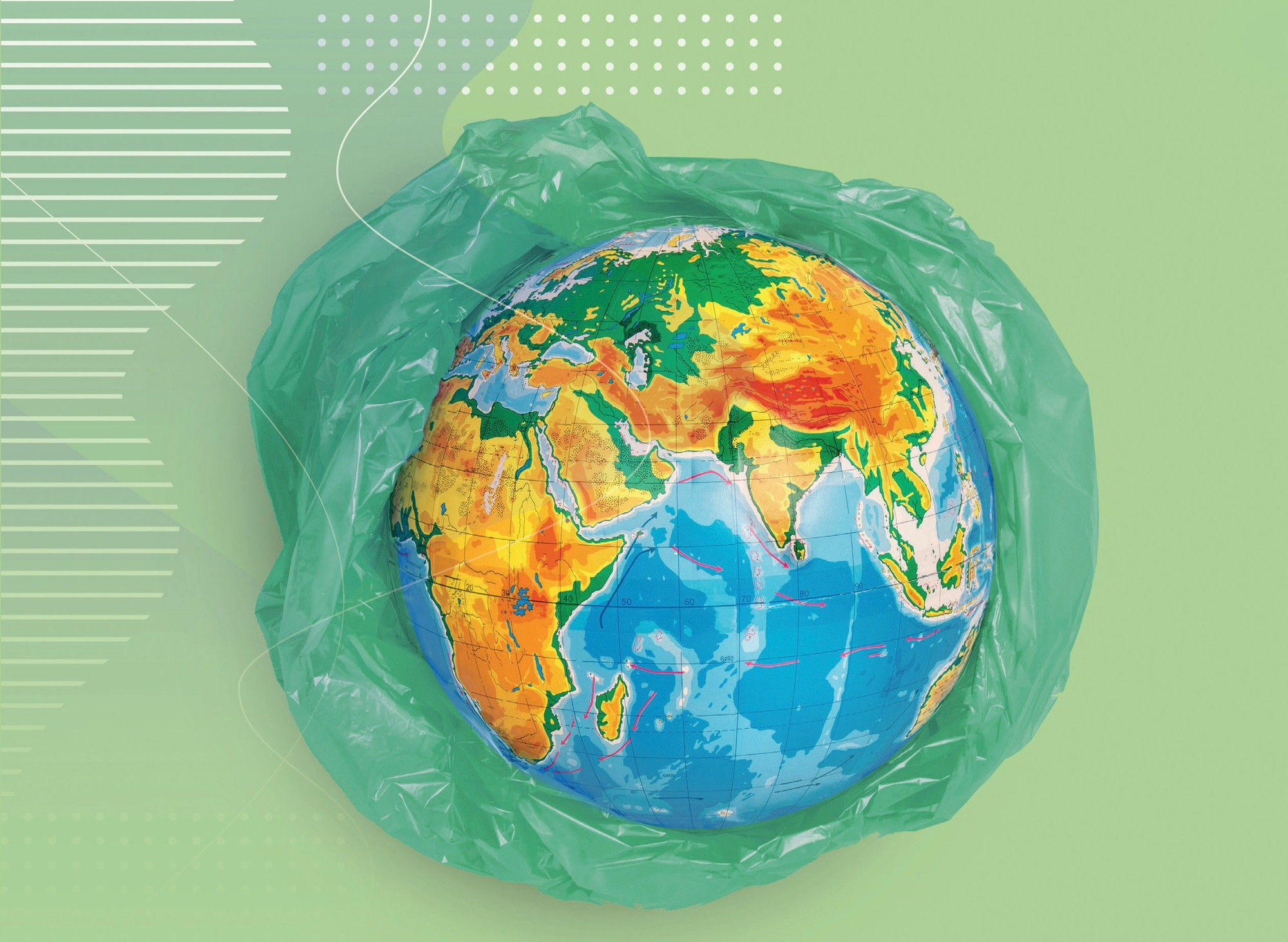Plastic pollution is one of the great environmental challenges of the 21st century, causing wide-ranging damage to ecosystems and human health. This OECD report, Global Plastics Outlook: Policy Scenarios to 2060, provides global projections of the sectoral and regional drivers and consequences of plastics use for the coming decades.
An earlier related report, Global Plastics Outlook: Economic Drivers, Environmental Impacts and Policy Options, released in February 2022, provided the first comprehensive global assessment of trends in plastics use, waste generation and leakage to the environment. It also identified four policy levers – markets for recycled plastics, innovation, domestic policies and international co-operation – to curb the environmental impacts of plastics.
Shortly thereafter, the United Nations Environmental Assembly adopted the landmark resolution to convene an intergovernmental negotiation committee to develop an internationally binding instrument on plastic pollution. Less than a month later, on 31 March 2022, the Declaration of the OECD Environment Ministerial Meeting committed to develop comprehensive and coherent life-cycle approaches to tackle plastic pollution and promote co-operation internationally.
This growing global momentum to address plastic pollution also faces headwinds, with the world still reeling from an uneven economic recovery from the COVID-19 pandemic, and with significantly heightened geopolitical tensions in the context of the war in Ukraine.
In such a complex environment, how can governments chart the course of global action to deliver on the ambitions set at the United Nations Environmental Assembly and beyond?
The Global Plastics Outlook: Policy Scenarios to 2060, provides such a roadmap. Leveraging the OECD’s unique expertise in global environment-economy modelling, this Outlook quantifies both the consequences of “business as usual” on the leakage of plastics to the environment, and the benefits of more ambitious global policy action. The analysis in the report shows that in the absence of strengthened policies, plastics use and waste would increase almost three-fold, while plastic leakage to the environment would double.
Two policy packages – Regional Action and Global Ambition - present a set of policy instruments at two levels of international action which can both help flatten the plastics curve while substantially curbing plastic leakage. The Outlook also finds that combining policy action to mitigate both climate change and plastics challenges can enable countries to achieve their climate objectives while making the plastics lifecycle more circular.
I hope the findings presented in this report will serve as a reference for policy makers to underpin discussions on the path to zero plastic pollution. The OECD stands ready to assist governments in the design, development and implementation of the ambitious policy action required to address this challenge with a coordinated global approach.

Mathias Cormann
Secretary-General, OECD
